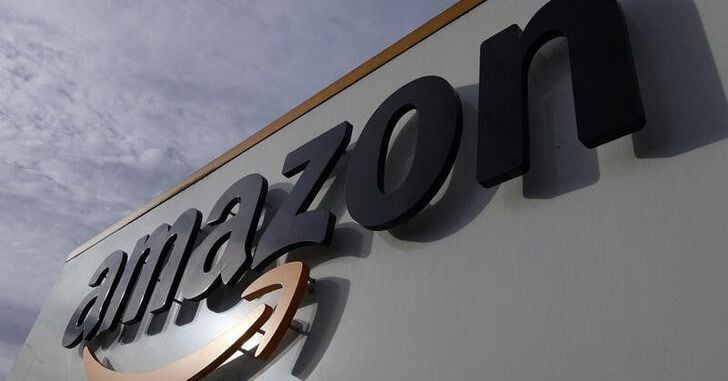- cross-posted to:
- [email protected]
- cross-posted to:
- [email protected]
WASHINGTON, Sept 26 (Reuters) - The U.S. Federal Trade Commission filed a long-awaited antitrust lawsuit against Amazon.com (AMZN.O) on Tuesday, charging the online retailer with harming consumers through higher prices in the latest U.S. government legal action aimed at breaking Big Tech’s dominance of the internet.
The lawsuit had been expected after years of complaints that Amazon.com and other tech giants abused their dominance of search, social media and online retailing to become gate keepers on the most lucrative aspects of the internet.
The lawsuit, which was joined by 17 state attorneys general, follows a four-year investigation and federal lawsuits filed against Alphabet’s (GOOGL.O) Google and Meta Platforms’ (META.O) Facebook.
“The FTC and its state partners say Amazon’s actions allow it to stop rivals and sellers from lowering prices, degrade quality for shoppers, overcharge sellers, stifle innovation, and prevent rivals from fairly competing against Amazon,” the agency said in a statement.
The FTC said that it was asking the court to issue a permanent injunction ordering Amazon.com to stop its unlawful conduct. The lawsuit was filed in federal court in Seattle, where Amazon is based.
Amazon shares were down 3%.
Amazon said that the FTC lawsuit was wrongheaded and would hurt consumers by leading to higher prices and slower deliveries.
“The practices the FTC is challenging have helped to spur competition and innovation across the retail industry, and have produced greater selection, lower prices, and faster delivery speeds for Amazon customers and greater opportunity for the many businesses that sell in Amazon’s store,” said David Zapolsky, Amazon’s general counsel.
The FTC said that Amazon, founded in 1994 and worth more than $1 trillion, punished sellers that sought to offer prices that were lower than Amazon’s by making it difficult for consumers to find the seller on Amazon’s platform.
Other allegations include that Amazon gave preference to its own products on its platforms over competitors also on the platform. ‘MONOPOLY POWER’
FTC Chair Lina Khan said that Amazon had used illegal tactics to fend off companies that would have risen to challenge its monopoly.
“Amazon is now exploiting that monopoly power to harm its customers, both the tens of millions of families that shop on Amazon’s platform and the hundreds of thousands of sellers that use Amazon to reach them,” she said.
Khan, while a law student, wrote about Amazon.com’s dominance in online retailing for “The Yale Law Journal” and was on the staff of the House committee that wrote a report issued in 2020 that advocated reining in four tech giants: Amazon.com, Apple (AAPL.O), Google and Facebook.
Amazon’s critics welcomed the lawsuit.
“No corporation has ever centralized this much power across so many crucial sectors. Left unchecked, Amazon’s power to dictate and control threatens the rule of law and our ability to maintain open, democratically governed markets,” said Stacy Mitchell of the Institute for Local Self-Reliance which has pushed for the government to act against Amazon.
The need to take action against Big Tech has been one of the few ideas that Democrats and Republicans have agreed on. During the Trump administration which ended in 2021, the Justice Department and FTC opened probes into Google, Facebook, Apple and Amazon.
The Justice Department has sued Google twice - once under Republican Donald Trump regarding its search business and a second time on advertising technology since Democratic President Joe Biden took office. The FTC sued Facebook during the Trump administration and Biden’s FTC has pressed forward with the lawsuit.



Okay that’s literally theft at that point. I highly doubt Amazon has a policy of replacing products with a weight of rocks meant to fool their own sensors.
You’re a couple apples short of a bushel aint ya?
No ones claimed amazons the one putting fake stuff in boxes… I’ve said, repeatedly, that the issue is their stock mixing. Private sellers, returns, brand names, all their stuff is mixed together, without any indicator of what originated from who, Which leads to cases like this.
Have you seen how their system works? Everything is individually tagged. Sitting it next to other things isn’t an issue. And getting a box of rocks is something that can happen to any retailer.
Amazon ain’t great but this is ridiculous.
Riiiight
Okay, I dont have a drill strong enough to penetrate this wall, so I’m giving up.
Maybe explaining how this is any different to shrinkage in any other warehouse?
Its already been explained to you several times.
You choosing to ignore it is on you.